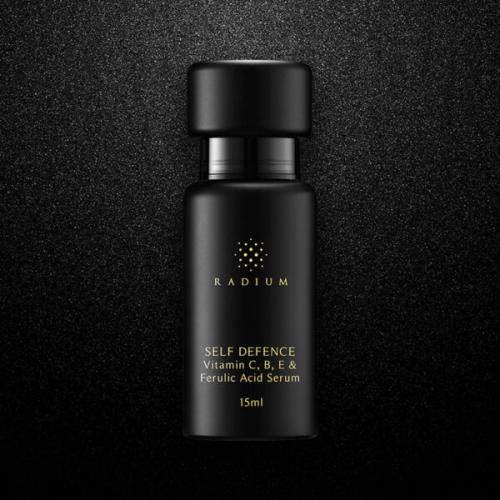5 Interesting Facts About EGF You Probably Didn't Know
People
are generally hesitant about using anti-ageing skin care products because
despite the hefty price tag, the effects are often moderate at best. From
erasing fine lines and wrinkles to stimulating natural collagen production,
skin care manufacturers often make claims that don’t have sufficient evidence
to show their effects.
Although
many anti-ageing skin care products in Singapore have good active ingredients that are proven to reverse
premature ageing, these actives are often found in extremely low concentration
as they can be very expensive, making it unaffordable for the masses.
Enter
EGF, or Epidermal Growth Factor – the next buzzword in anti-ageing. EGF is a
protein that stimulates cell growth by binding to its receptor, EGFR. By doing
so, it results in cellular proliferation.
In this article, we share with you 5
interesting facts about EGF which you probably didn’t know.
EGF has medical uses
Recombinant human EGF is used widely by doctors to treat chronic diabetic foot ulcers because it enhances and expedites the healing process of the ulcer. It acts on epithelial cells and fibroblasts, promoting restoration of damaged epithelium, avoiding the need for foot amputations.
EGF is also widely used by dentists for extracellular matrix mineralization, a process for bone regeneration.
EGF is produced naturally by our bodies
Scientists found that a variety of human tissues produce EGF. For example, EGF mRNA was found in salivary gland, thyroid gland, mammary gland and kidney.
One of the most important key functions of
EGF is its mitogenic factor that stimulates the proliferation of different types
of cells in our bodies, especially fibroblasts and epithelial cells. It is also
found in neurons of the hippocampus, cerebellum, and cerebral cortex of the
central nervous system. In other words, it plays an important role in
regulating neurogenesis and transmitting signals to other parts of the body.
EGF used in skin care products for its healing properties
In the past few years, EGF made its way into the beauty marketing because of its unique function for cell regeneration and wound healing.
There has been some evidence to show that
EGF has beneficial effects on the skin for cosmetic use. In a study conducted
in 2017, 81% of patients reported an improvement in atrophic acne scarring.
Another study found that there was improvement in fine lines, skin texture and
pore size within the first month of use.
Some doctors are now using EGF products to improve skin barrier, promote skin elasticity, and improve radiance and quality of the skin.
A Nobel Prize winning discovery
In the 1980s, while working in a laboratory, a scientist by the name of Stanley Cohen discovered nerve growth factor, or NGF. This discovery steered him in the direction of his research career and resulted him in discovering EGF.
In 1986, both Rita Levi-Montalcin and
Stanley Cohen shared the Nobel Prize for their discovery of growth factors.
Cohen’s discovery of EGF came about from examining why crude extracts of male mouse salivary gland induced early eye opening, while NGF did not have the same effect. Later on, he isolated a protein responsible for the effect - which is called EGF today.t
Using EGF to treat cancer
Research scientists at Heidelberg University discovered a new approach for treating cancer. They found that EGF is capable of stimulating the separation of chromosomes in the cell. By accelerating the division of the cell nucleus, it potentially breaks the gene expression of cancer cells. This result is significant because scientists are able to selectively kill cancer cells using this method.
Coming back to using EGF for cosmetic
application, there are many types of EGF products in the market. Not all are
created equal. Many cheaper formulations contain very little EGF, rendering it
ineffective when used topically on the skin.
A good EGF serum
should contain human EGF, in the right concentration, in the correct carrier.
Radium’s Ageless EGF Repair Serum is a Japanese formula that contains human
recombinant EGF, placental proteins and botanical extracts in a hyaluronic acid
carrier for maximal absorption.



Comments